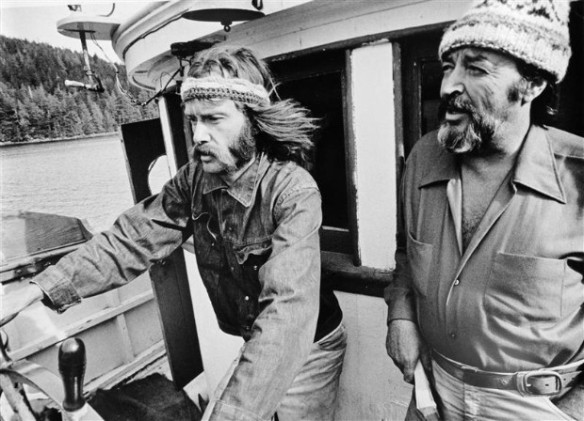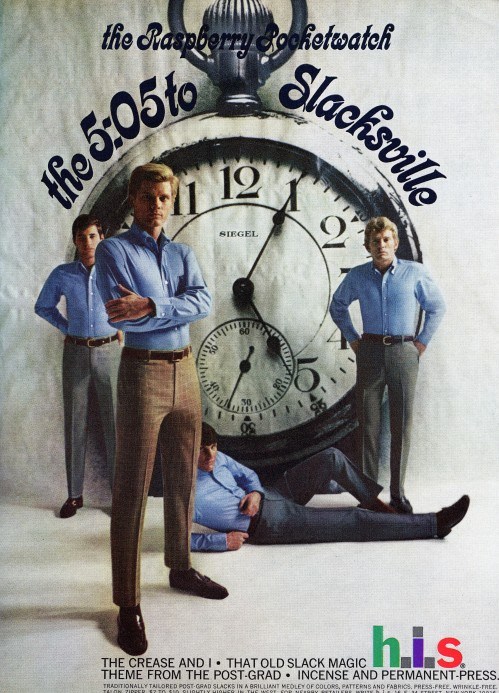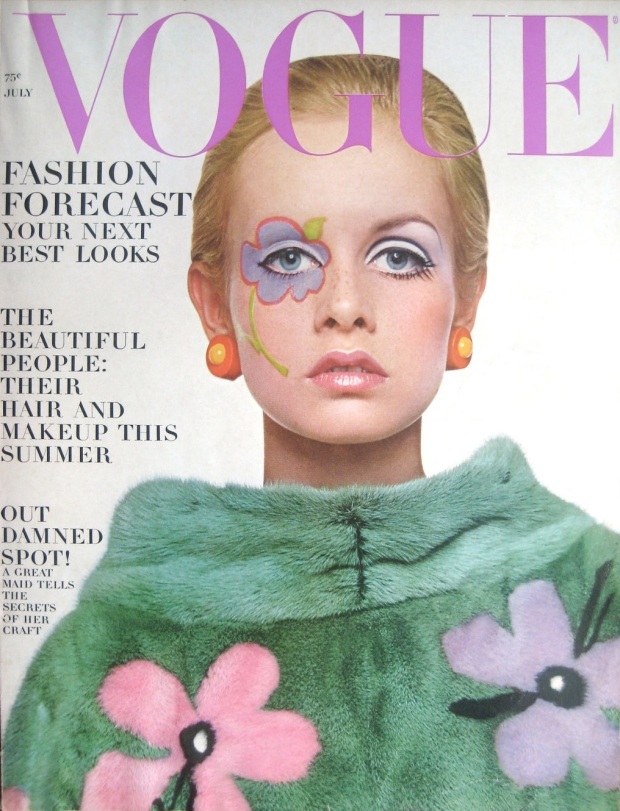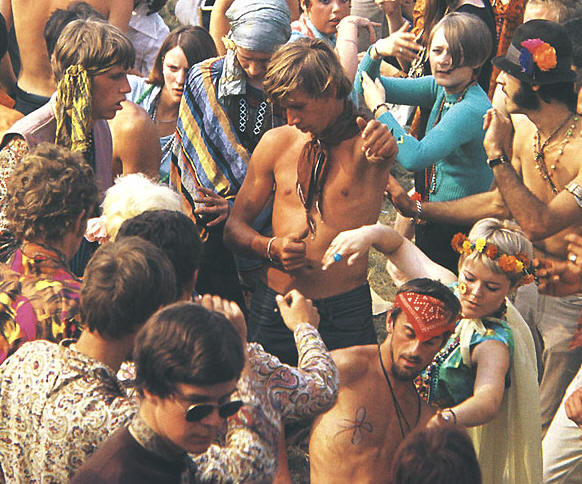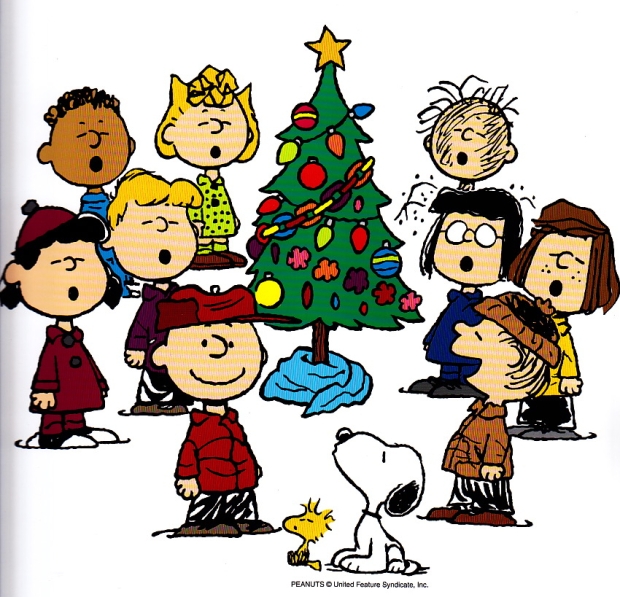we should all be so lucky
Just a little something short and sweet as Across the Bored’s current project is taking up way too much of what should have been fun in the sun time. The Two Cents Tuesday Challenge would like to remind everyone to cultivate all the lovely blooms in their lives, be it love of all and any kind, the company of friends and family in the sweet slowness of summer and yes, even the magic that blossoms when we are forced to think outside of the box…
“Tell us about your blooms?” – are they flowers or fruit, a vegetable patch, clover in the field or a roof of thatch, babies and puppies, a store full of hats, a sky full of parasols or basket of cats.
We would love to see your vision…
For all those who are new readers to Across the Bored, some great entries and the guidelines for this fortnight’s challenge can be found here. Need more info or want to browse past themes? Have a look at HOW DOES THIS WORK.

